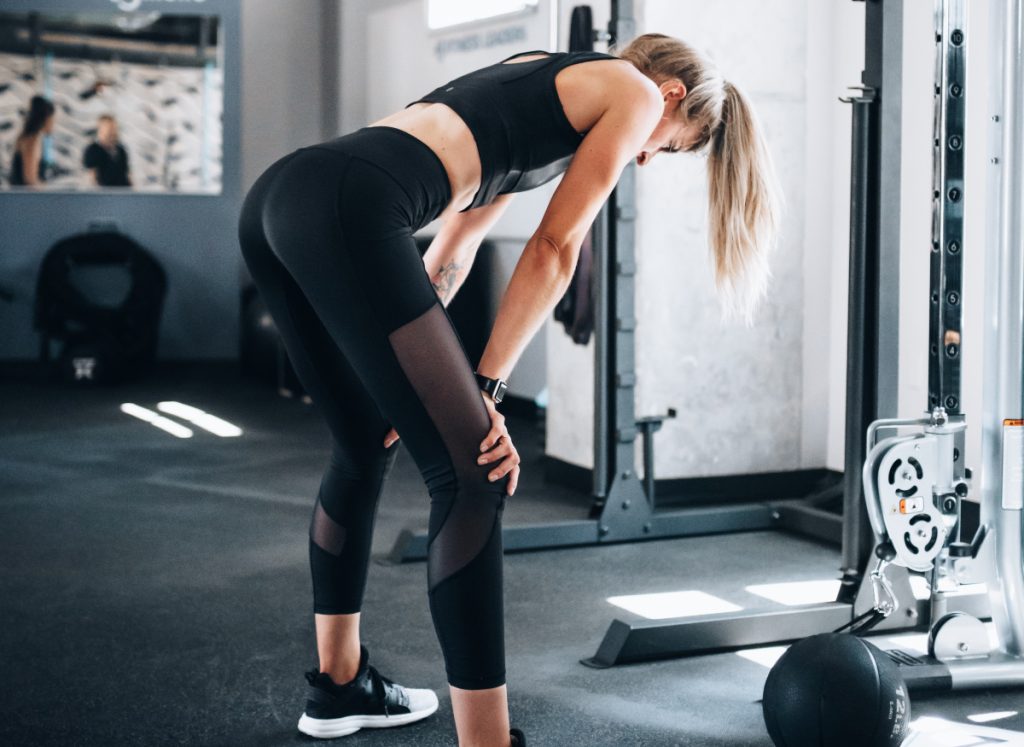
With not enough hours in the day, it is hard for a lot of people to cram in a workout. It could be that you need to drop your kids off at daycare or school in the morning. Or you may work a different shift creating a whole new set of problems with working out. Whatever the issue, experts are changing their tone on the time of day you should be working out and getting your allotted amount of daily exercise to live a healthier lifestyle with plenty of rest.
As we know, exercise increases your heart rate and body temperature. We sweat, we get energized, and we may even drink an energy drink or two before we work out. But whenever you decide to work out, studies are showing little evidence that evening workouts are affecting deep sleep.
Although cases vary, let’s unpack how this shift in thinking may be the change you need to blow up your daily routine and add in a workout at night. But the common thought is “the best time to workout is whenever you can.”
Negative Impacts Not Found
In a recent article from the Washington Post, Trent Yamamoto, the lab coordinator of Brett Dolezal’s UC Fit Digital Health Exercise Physiology Research Laboratory, says “whether evening exercise is chosen out of preference or necessity, recent studies have shown that exercising at night doesn’t necessarily have a negative impact on sleep.”
For example, a 2018 review of evening exercise in Sports Medicine found evening exercise was more beneficial to individuals than not exercising at all. However, in the study an author’s note found it was critical to make sure one hour between exercise and sleep should be given so your body temperature lowers and restorative deep sleep can be achieved. A two-hour window may even work best after a vigorous exercise before sleep.
With lower energy in the morning, your body actually has 20% more endurance by the end of the day adding extra fuel to your workout. “Muscle strength, flexibility, power output and endurance are all better in the evening than they are in the morning.”
In 2020, another study found no correlation of sleep deprivation between an a.m. or p.m. exercise workout. No significant differences could be sited within the four measurements including total sleep time, sleep onset latency, sleep efficiency percentage, and wake after sleep onset.
Positive Evening Workouts
Your evening routine may also consist of a lot of sitting, snacking, drinking, or smoking. All of it contributes to less deep sleep and adds issues to your overall health. Therefore, adding evening exercise can replace any unhealthy habits. It also is a good way to relieve stress after a hard day. With a surge of endorphins, you may be able to clear your head before bed with a workout after a stressful day.
Overall, low-impact and low-intensity exercise works best in the evening such as walking outdoors or water aerobics. One benefit of a lower intensity exercise would be the ambiance you can create. Leaving your phone behind while in the water, for example, leads to a calmer exercise. Walking outdoors gives your body the vitamins it needs through either the setting of the sun or soothing sounds of nature. Either way: keep your phone at home.
Physiological stress can also be lowered with an evening exercise if you focus on the ambiance indoors. It may be impossible to walk outdoors in the winter or you may not have access to a local water aerobics program or pool. Instead, research how yoga can benefit your health. With dim lightning and soothing music, yoga is a low-intensity exercise that could be a nice mental health closer to the day.
If yoga is something that sounds scary and new, it is scientifically proven that our flexibility improves throughout the day and is at its peak at bedtime. With less creakiness and stretching, an evening yoga workout may be your best time to try something new or shift your routine.
Whatever you choose, the important part of adding exercise in the evening is to stay consistent. An article in CNET found that when routine is created in exercise it leads to better results with weight loss, strength, and endurance. However, if you decide to workout at differing times, your priorities may shift and you plop down for Netflix versus an evening walk.
If you find that exercise is still not contributing to the healthy sleep you need, connect with our team at the Alaska Sleep Clinic for a free consultation.










